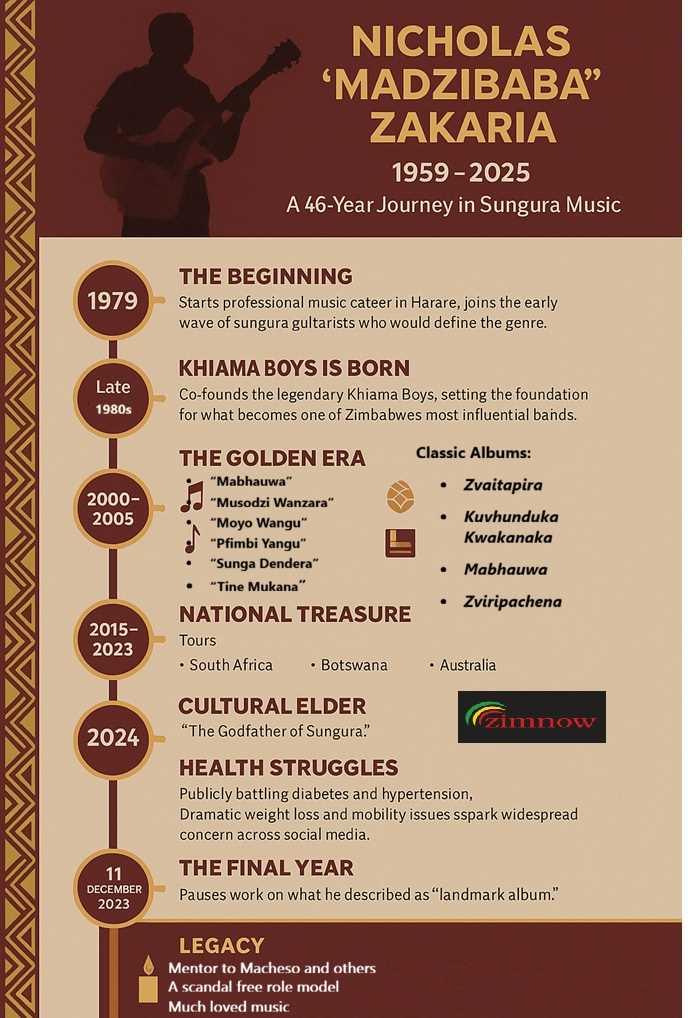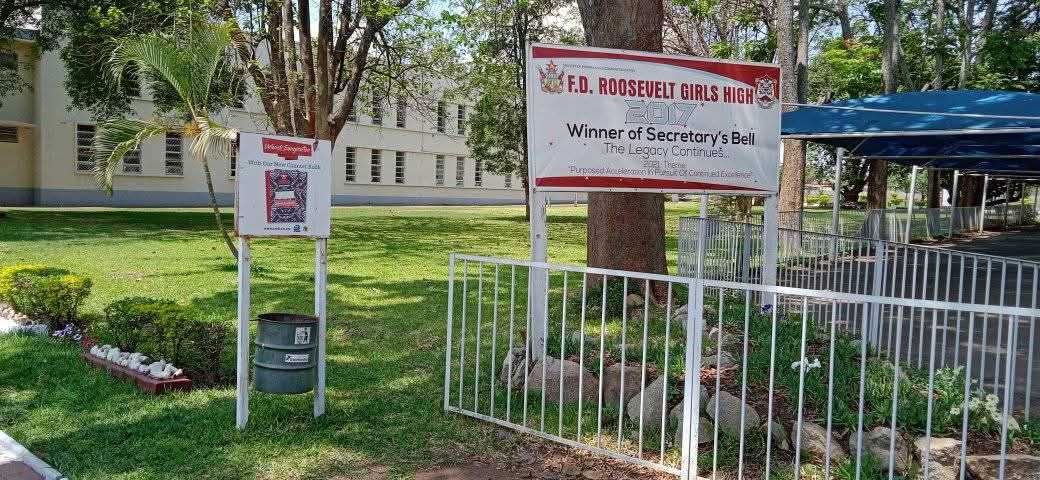
Nyashadzashe Ndoro
Chief Reporter
These headlines aim to highlight the key aspect of the story, which is the Range Rover vehicle involved in the court case, while also conveying the essence of the judgment and its significance. Note that these headlines are more negative in tone, reflecting the outcome of the court case.
The High Court of Zimbabwe has dismissed an application for a declaratory order sought by Arreta Chidodo, a Zimbabwean citizen who had applied for an immigrant's rebate on her Range Rover motor vehicle and household goods.
Chidodo had approached the court seeking a declaration that she was entitled to an immigrant's rebate in terms of section 105 of the Customs and Excise (General) Regulations, SI 154 of 2001. She had been denied the rebate by the Zimbabwe Revenue Authority on the grounds that her passport had alterations which constituted an offense.
In his judgement, Justice Never Katiyo stated that the court's role was not to interfere with administrative decisions unless they were irrational or procedurally flawed. He noted that Chidodo had failed to establish that she was an interested person, that there was a right or obligation which became the object of the inquiry, and that she was not approaching the court for a legal opinion on an academic matter.
Related Stories
The court also found that Chidodo had not demonstrated that the administrative authority had made a decision that was hopelessly wrong, irrational, or procedurally improper. Justice Katiyo stated that the respondent had given its decision supported with reasons for rejecting Chidodo's application for a rebate.
In dismissing the application, Justice Katiyo ordered that Chidodo pay costs on the higher scale of attorney and client attorney scale.
"As already demonstrated, the applicant failed dismally to meet the requirements for a declaratory order. In the result, it is averred that the applicant has not established that:
"She is an interested person; there is a right or obligation which becomes the object of the inquiry; she is not approaching the court for what amounts to a legal opinion upon an academic matter; there must be interested parties upon which the declaration will be binding; considerations of public policy favour the issuance of the declaratory order.
"No protection can be sought or gotten, in any court, against lawful conduct is not a case where one can even raise prima facie right. It is a case which is no right to talk about at all. Further and in all the circumstances therefore it is submitted that the application is procedurally flawed and substantively without merits and ought there dismissed with cots on the higher scale of attorney and client attorney scale," the judge noted.



















Leave Comments